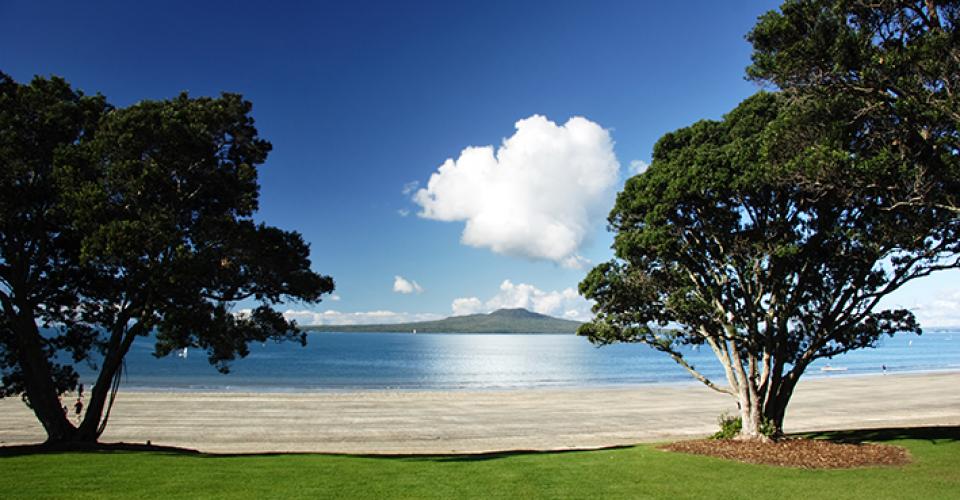Being a whaleshark scientist
25/07/2016Dr. Simon Pierce, from New Plymouth, is a marine conservation biologist, whose research focuses mainly on the largest fish in the world, the whale shark, but he also studies other threatened species, particularly sharks, rays, and sea turtles. He’s also involved in the protection of and management of important marine habitats.
 Simon is also the co-founder, director and principal scientist at the Marine Megafauna Foundation, originally formed to research and protect the large populations of large marine creatures near the Mozambican coast, but which has since become involved in work around the world. Simon spoke to New Zealand Science Teacher about his work.
Simon is also the co-founder, director and principal scientist at the Marine Megafauna Foundation, originally formed to research and protect the large populations of large marine creatures near the Mozambican coast, but which has since become involved in work around the world. Simon spoke to New Zealand Science Teacher about his work.
What’s the key focus of your research into whalesharks?
My main focus is on providing the data and recommendations required for effective conservation initiatives. I'm involved in quite a few projects around the world. In practical terms, we're trying (1) to identify how many separate 'management units' there are for whale sharks, (2) determine whether these populations are in decline and, if so, (3) identify the main threats and (4) what we can do about them. I'm also involved in related work on community conservation programs and ecotourism development.
My current fieldwork:
I've just come from the Philippines, working with my colleagues at the Large Marine Vertebrates Research Project and the Friends of Tubbataha management office. We were on the WWF Philippines research vessel at Tubbataha Reefs Natural Park, around 170 km offshore at a large coral atoll. We were tagging sharks to track their movements and conducting surveys to look at shark densities in this protected area. It's a very healthy ecosystem, with lots of sharks, so we had a great time!
How did you find yourself in this field?
I grew up watching nature documentaries and reading books about New Zealand fauna, and became fascinated by conservation. I decided to study Ecology for my BSc in Wellington, and learnt to scuba dive in the summer. I quickly decided to focus on marine biology, and - since I had a lifelong interest in sharks - thought that shark conservation would be a good subject area. There wasn't too much going on in that field in NZ at the time, so I moved over to Brisbane for postgraduate studies at The University of Queensland.
What key disciplines and methodology do you use?
We use a whole range of techniques in our research. In our whale shark work, we use photo-identification, various types of electronic tags and a range of genetic, genomic and biochemical methods. A lot of different statistical techniques are used to analyse these results. Conservation, though, is all about people! For that aspect of the work we regularly use surveys, interviews and conduct economic studies.
What are you trying to achieve with your research?
Whale sharks have just been downgraded to globally endangered. The main point of our research is to stop their decline and help them rebuild. We're doing similar work with several other species, too.
 Is there any way young citizen scientists can help?
Is there any way young citizen scientists can help?
There are some excellent volunteering programs; we work with Underwater Africa in Mozambique, and I often recommend the programs run by our friends at the Large Marine Vertebrates Research Project in the Philippines, and the South African Shark Conservancy in Hermanus, South Africa. If you're ever in a position to take whale shark photos, upload them to the global whale shark database at www.whaleshark.org to see who they are.
You can also follow Simon's continuing scientific adventures at simonjpierce.com

























Post your comment
Comments
No one has commented on this page yet.
RSS feed for comments on this page | RSS feed for all comments